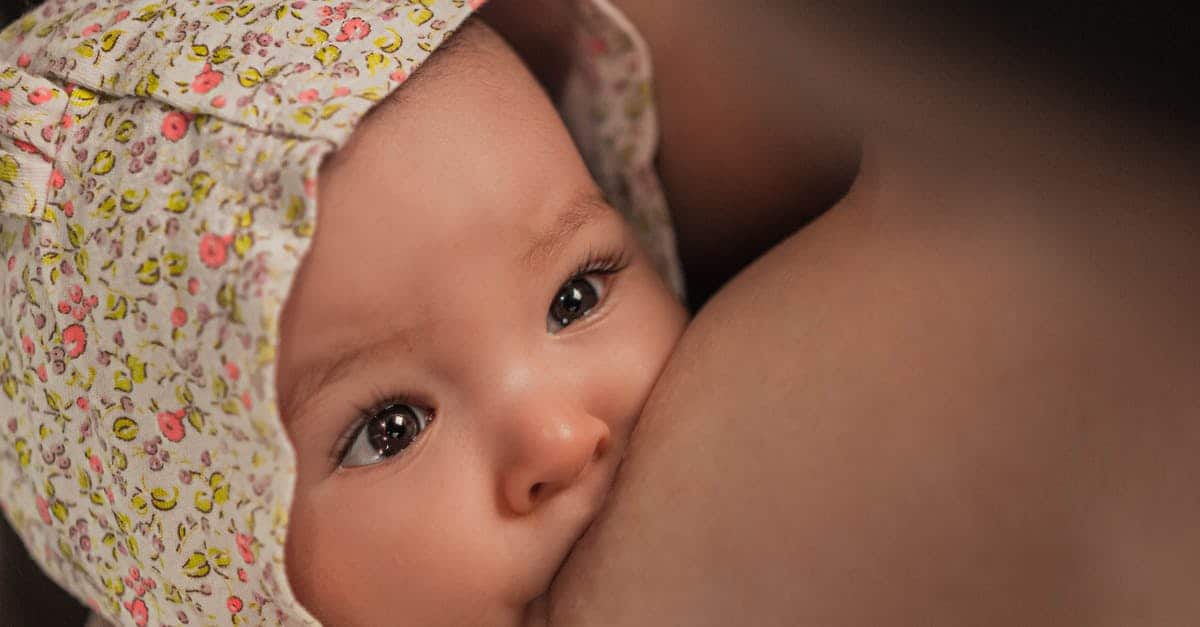
Depending on when you got your puppy from the breeder or whether you got it from your friend or from an ad in the paper, newborn puppy care may be slightly different from the care your other older dogs or cats get. The basic things to keep in mind for the new puppy are to feed it plenty of meaty foods that it can eat immediately. Puppies don’t know the difference between spoiled meat and cooked meat and you can end up with a big mess. They also should not be fed table scraps and instead have the meat of their choice.
Depending on when you got your puppy from, the newborn puppy care tips are going to be different mostly in terms of diet. The most important newborn puppy care tips include feeding the puppy as often as possible with its mother’s milk or formula. Avoid all dogs milk at first, feed your puppy either with the mom’s milk at first or with a specially prepared dog food that is available from some pet shops and vet clinics. As the puppy gets older, switch to dry food but don’t switch to kibble until the puppy has reached between twelve and sixteen weeks of age.
Your Puppy Will Need Daily Dose Of Vitamins And Minerals
In terms of exercise, puppies are used to being the kings of the house and they should be treated as such. No matter how new they are to you, make sure they get enough exercise each day. Exercise releases lots of happy hormones which make the dog feel good. You should start walking the puppy during the springtime and continue to do so until about three months of age. As the puppy gets older, you can increase the amount of time you take with him outside each day. When you take your newborn puppy out in the yard, be sure to walk him around and on leash, and when he is not on a leash to keep him close by your side.
Your puppy will need its daily dose of vitamins and minerals, so ensure you give it a proper diet including the required amounts of protein, calcium, and iron. Once the puppy is between four and six weeks old, you can try feeding it with mother’s milk. This can be a great option as the mother’s milk will contain all the necessary nutrients the puppy needs. If this doesn’t work for your puppy, look for a commercial brand of puppy chow at your local pet store.
Give Your Newborn Puppy Regular Bath
If the puppy does not receive adequate nutrition when it is still in the mother’s womb, it may develop anemia and become very uncomfortable. If this happens to the puppy, consult your vet to see if there is an appropriate prescription that can be given to treat theemia. In most cases, a puppy care tip is to provide the mother with special puppy chow that contains more iron and additional vitamins that the mother might need. You can also provide your puppy with a formula designed for the new born puppies, which will enable his intestines to absorb the necessary nutrients from the formula much faster.
It is important to give your newborn a regular bath in the early stages of life, so that his skin will remain moist and clean. It is not recommended to bathe your newborn too often as this can cause problems. It is important to remember that a puppy is a growing pet and can have a tendency to scratch, bite, chew, and display behavior considered unpleasant by some people. Although this is normal, you should try to resist reacting harshly to your puppy’s misbehavior as this can cause serious emotional problems.
A newborn puppy care includes teaching the baby to get along with other animals and people, especially other dogs and puppies. You should introduce your newborn puppy to the entire family when it is still a purebred pup but make sure that everyone in the family is accustomed to the puppy first. As the months go by, start moving the puppy to another room and gradually allow it to be left alone. This is particularly important for very young puppies because their fear could develop if they are left alone by themselves.
Bottom Line
It is important that your new puppy receive daily exercise, including playing with other dogs and puppies. You may choose to enroll your puppy in a puppy training class. In general puppy classes are a great way for the family to bond together and learn more about each other. The trainer can teach your puppy commands such as sit and stay and can introduce him to different people, like their parents, and different environments, like a park or your office.





